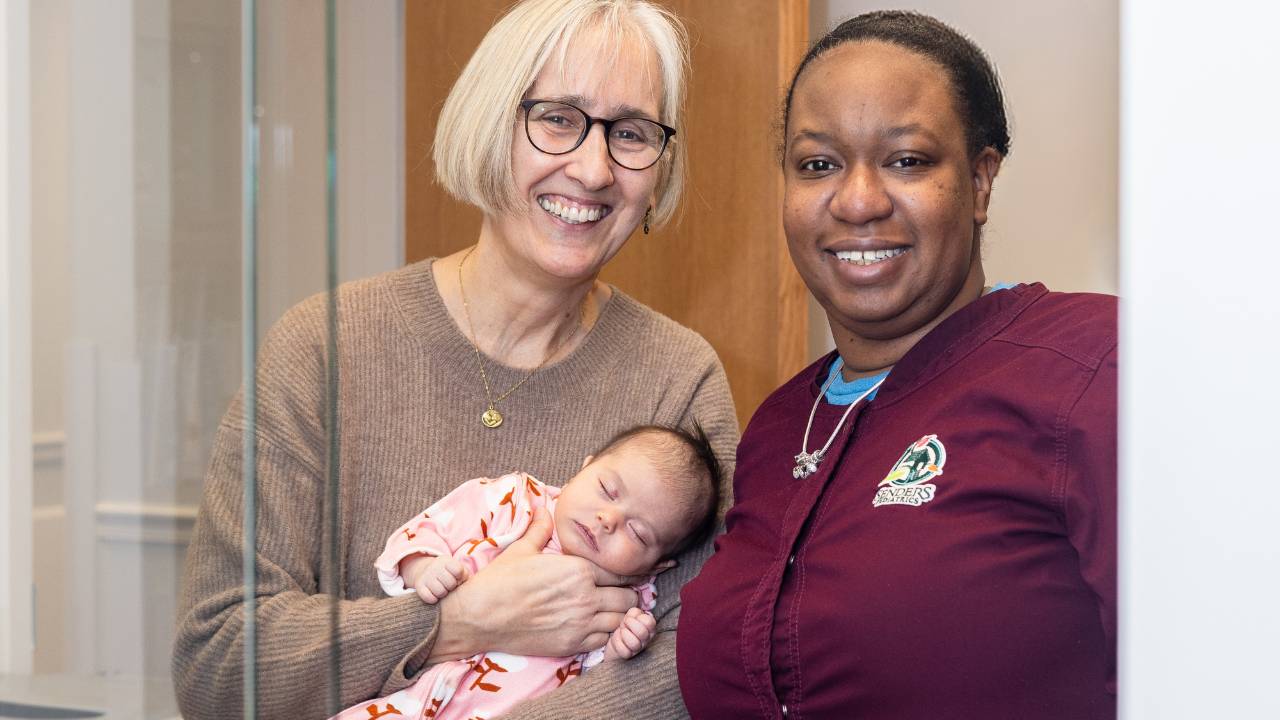Federally Qualified Health Centers: Expanding Breastfeeding Continuity of Care
Aug 27, 2024
Federally Qualified Health Centers (FQHC) are primary care centers that provide healthcare to all individuals, regardless of ability to pay. They increase access and provide health care to traditionally medically underserved populations including low income, uninsured, and underinsured families, and individuals with limited English proficiency. FQHCs, also known as Community Health Centers, are uniquely positioned to help address breastfeeding disparities.
Breastfeeding Disparities are Well-Documented
As I’ve highlighted in previous blog posts, there are significant racial and ethnic disparities in breastfeeding rates. The Centers for Disease Control (CDC) Breastfeeding Report Card tracks breastfeeding nationally and includes a breakdown of rates by sociodemographic groups. The national breastfeeding initiation rate for children born in 2020 was 83%, but this rate varied across demographic groups and the CDC report highlights these disparities. Breastfeeding initiation rates were lower than the national average for some groups, including: non-Hispanic Blacks (77.3%); high school graduates who have not attended college (74.4%); unmarried parents (74%); families living in non-metropolitan/rural areas (76.7%); Women, Infant and Children (WIC) participants (74%); and families with income less than 100% of the poverty threshold (75.4%).
Increased Access to Lactation Support is Needed
Limited access to breastfeeding support contributes to breastfeeding disparities and commonly the same communities with lower breastfeeding rates are also communities impacted by inconsistent availability of breastfeeding support, such as rural and lower-income communities. There is a need to expand access to lactation support to those who need it most, and utilizing existing systems is one approach. With FQHCs designed to provide primary care access to medically underserved communities, creating team-based lactation consultant/primary care provider (LC/PCP) care is one feasible option to improve breastfeeding support.
FQHC Team-based LC/PCP Breastfeeding Support is Feasible
When we first did our research on team-based lactation consultant/primary care provider (LC/PCP) visits in a suburban breastfeeding friendly pediatric practice, the initial response I heard from clinics, including FHQCs, was, “That’s great, but it won’t work in our patient population.” Fortunately, we had the opportunity to collaborate with an FQHC to implement LC/PCP team-based breastfeeding support and test feasibility. After implementation, we found increased access and breastfeeding duration, and both families and health care providers reported they valued the LC/PCP breastfeeding support.
Different Communities; Different Needs
Our studies share our story of successful implementation of Team-Based Breastfeeding Care at one FQHC in Cleveland, Ohio. Given there is significant variation in Community Health Centers nationwide, it remains important to conduct a needs assessment to determine the next steps for your practice. To provide a framework, we quantified the steps we took when translating the Team-Based Care first implemented at the suburban pediatric practice to fit the needs at the FQHC. We then synthesized this into a six-point practice needs assessment as an excellent starting point for practices interested in implementing this model.
Team Up to Address Barriers
While your community will have its own unique needs, two common challenges shared by primary care practices, including Community Health Centers, are limited time for breastfeeding support, and insufficient provider education centered on supporting the breastfeeding dyad. Team-based breastfeeding support helps address these barriers.
Given the significant disparities in breastfeeding and the important role that primary care practices play in supporting breastfeeding, let’s support FQHCs in their unique position to help increase breastfeeding support access to all!




